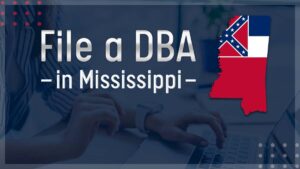Our firm regularly gets calls, asking about the differences between for-profit and nonprofit Boards. Although there are certain differences, there are more similarities than people often realize.
Misconceptions often stem from the belief that nonprofits have to have a Board because they’re nonprofits. Not true. Chartered, or registered, nonprofits have to have a Board because they’re nonprofit corporations — they’re corporations just like for-profit corporations. Corporations must have Boards, whether nonprofit or for-profit.
Boards of corporations have certain legal duties, or fiduciary duties, the most basic of which are the duties of loyalty and care. Recent literature also refers to a duty of obedience. Both nonprofit and for-profit Boards must adhere to these duties — and the ways that they do that are very similar between both types of Boards.
This table gives a listing of the specific differences between the Boards, but keep in mind that those differences don’t result in major differences between how the Boards recruit and develop and organize members, do their planning, hold their meetings, make decisions, supervise the CEO, approve budgets and major contracts, etc.
There’s many more free resources about Boards — for-profit and nonprofit – in the “Free Complete Toolkit for Boards.”
—————————————————————————-
Carter McNamara, MBA, PhD – Authenticity Consulting, LLC – 800-971-2250
Read my weekly blogs: Boards, Consulting and OD, Nonprofits and Strategic Planning.
 Sections of this topic
Sections of this topic
















